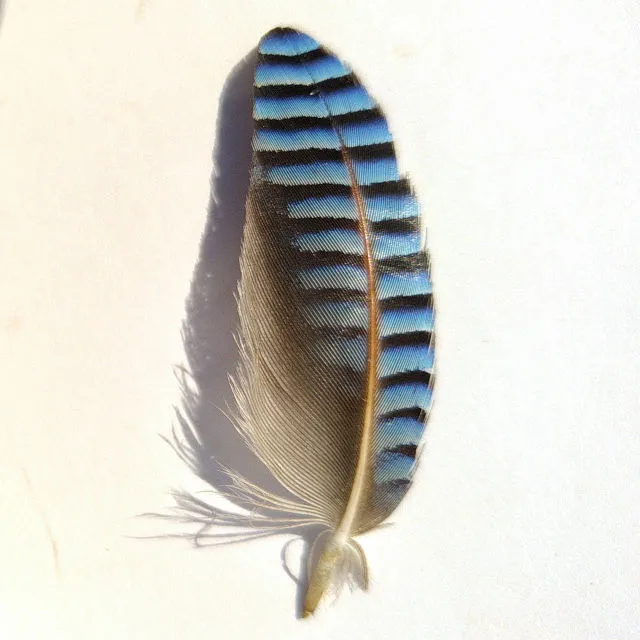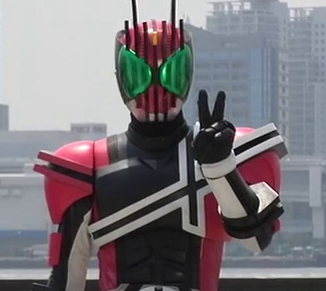I often feel like I’m “not autistic enough”, like I’m faking it or I’m just misdiagnosed because I don’t have a lot of the big signs typical of someone on the spectrum. I was diagnosed when I was young so that makes it feel like maybe the diagnosis was wrong. I don’t know if I just mask really well or if I’m lying to myself. It’s rough. Can anyone relate to that or give me some words of wisdom?
I’m in a similar boat. I’ve learned how to work around and work with my autistic traits, and learned my limits for my sensory sensitivities so I can pretty well cosplay as a professional and serious functioning adult. I also will sometimes lean into my social awkwardness with the hope that it can be endearing 🤣
But if you really are largely past having the traits that gained you the diagnosis as a kid, it’s my understanding that you can grow out of many autistic behaviors and traits
Most importantly only you know who you are, so you don’t have to let the autistic label drive you or control where you go or don’t go. Learn your limits, push the limits and learn your new limits. The way I see it having now checked all of the big check boxes of adulthood (married with kids and a house and a professional career) everyone’s at least a little weird, everyone is very flawed and whatever we may be overconcerned about in ourselves is ultimately no big deal in the grand scheme of things
I definitely showed more traits when I was young. I hated bright lights and loud noises, I carried specific items with me everywhere I went, I often missed social cues amongst my peers at that age, and I visibly and noticeably stimmed (rocked back and forth, squinted, rubbed my face). I still stim sometimes, but I think the fact that I feel leagues more comfortable in social situations these days is what mainly makes me feel like I’m “faking it”. I do miss some social stuff sometimes. But I’ve also done a lot of things I never thought I’d be able to do when I was a kid - I can drive, I have a career, I have close friends, lots of things that I was certain were unattainable (mostly bc I was riddled with depression and anxiety). I think my biggest fear is that I’ve been considering myself on the spectrum and then finding out that I never was. Like I was taking advantage of a group that I don’t belong to
Did you ever take advantage of it though? (If you can even call it that, I can’t think of any non-extreme cases and you didn’t made it sound like you’d do that)
I was diagnosed late in life, when I was 40. I lived my life passing as “normal” and while I certainly struggled, I was completely oblivious to the fact that I am autistic. My wife knew all along, and it was with her help that I got diagnosed. At first, I resisted the diagnosis. But over time, as I looked back on my life and looked at my struggles and compared them to autistic behaviors I realized the diagnosis was correct. I have since learned to live with myself with this new information, and my quality of life has certainly improved.
I think imposter syndrome is a normal thing, for everybody. I know exactly what you mean about “faking it.” I often felt that way in the first few years following my diagnosis. But, I also know it isn’t easy to get an ASD diagnosis. Somebody had to see something in you to say, hey let’s get you to see a professional. The evaluation is then pretty intense - at least it was for me. There is also no way to monetize ASD as there are no medications or treatments available so diagnosis aren’t given out as much as others where they can sell you meds.
I guess I am trying to say you aren’t alone in your feelings. I hope this helps you to feel some comfort!
Yes absolutely! I have no diagnosis, and possibly it would be difficult to see, because common characteristics are not there. No ADS but an above-average awareness. I do understand most jokes (but find many not funny), and i’m very good with irony. Good motoric skills. No single special interest (but it constantly changes so that i know a bit about many things) etc.
I notice it changes. I also notice after my whole life had changed drastically that i got much more sensitive, and as i went half-hermit, those autistic traits became stronger. Others i learned to overcome – i mean really, not masking. Eye contact for example, i just trained ituntil i had lost that anxiety. I have spent years watching my patterns. 🙄
I think i’m above-typical in the spectrum, or more like part-time autistic. When i am, it can be debilitating, though.That’s why i make a distinction between neurodivergent and “autistic”. Those are different aspects of my being.
Perhaps you can even snap out of it? https://lemmy.world/post/67226
Hmm… I think it’s important to recognize how you feel and how you relate to the traits that autistic people have. For example, I like to read about the experiences of others and think about if they sound at all familiar to me. Maybe it can help you, too. It makes me feel less alone - I often have a bad case of imposter syndrome because those closest to me always say I don’t “act/look autistic” and that I’m “overthinking”, among other things. I don’t have an official diagnosis, so it can be really hard to deal with some days.
What I want to say is… there’s a lot of variety and intensity even as you age, that’s why it’s a spectrum. You don’t have to look at yourself from a neurotypical perspective. You aren’t lesser or fake for not matching the stereotype. :)



